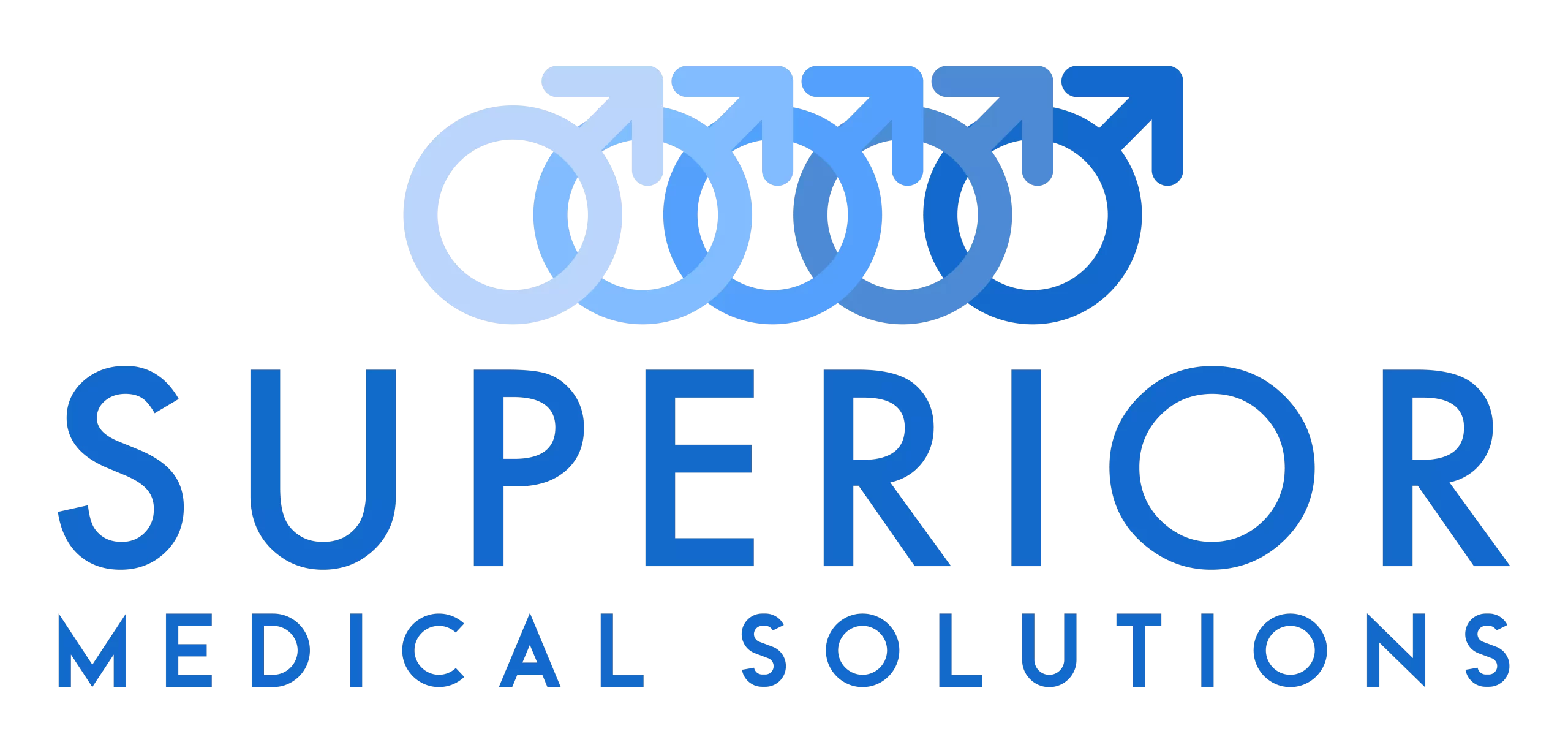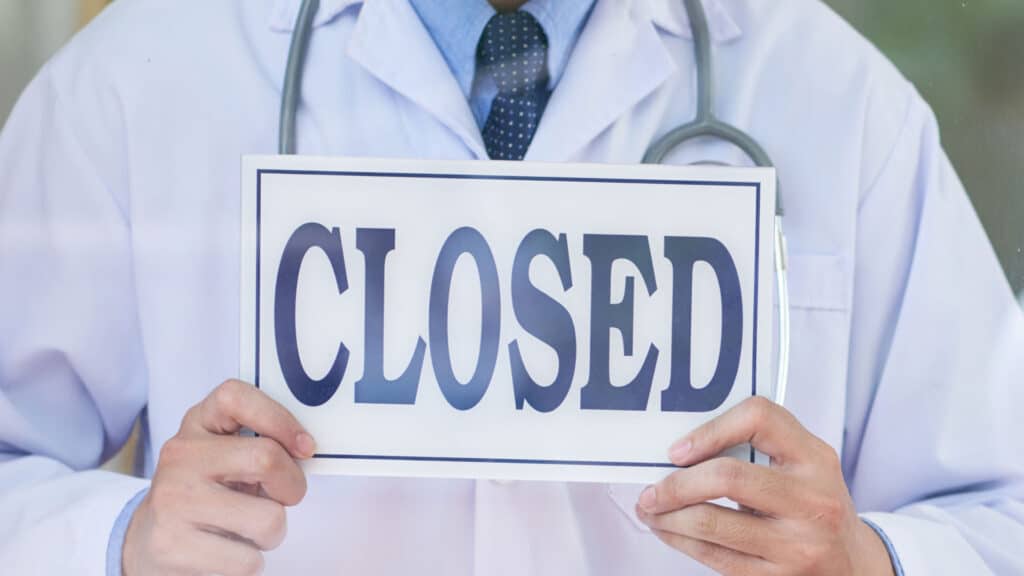In the ever-evolving landscape of medical treatments, it’s crucial to distinguish between innovations that genuinely benefit patients and those that fail to deliver on their promises. Some clinics once touted wave therapy as a breakthrough treatment for erectile dysfunction (ED) but, it may not be highlighting the importance of evidence-based practices and patient-focused care.
The Hype Around Wave Therapy
Wave Therapy gained attention for its novel approach to treating ED using shockwave therapy, also known as low-intensity extracorporeal shockwave therapy (LI-ESWT). This non-invasive treatment method claimed to use acoustic waves to stimulate blood flow and regenerate blood vessels in the penile area, promising a natural solution for ED without the need for medications or surgery. The prospect of a convenient and effective treatment option garnered interest from many men struggling with ED.
The Reality of Ineffectiveness
As patients sought relief from their ED symptoms, many turned to clinics using wave therapy with high hopes. However, as time went on, numerous reviews emerged suggesting that the treatment was not delivering the promised results. Many patients reported little to no improvement in their condition after undergoing multiple sessions of wave therapy, leading to a sense of disappointment and frustration. In addition, they were also locked into long-term contracts ranging from $,3000-$6,000. Clinics have shut down without any recourse for continued treatment.
Lack of Scientific Backing
One of the critical issues surrounding wave therapy was the lack of substantial scientific evidence to support its efficacy. While the concept of using shockwaves to stimulate blood flow is theoretically sound, the clinical studies backing up this specific treatment method were limited and often of low quality. Reputable medical organizations, including the American Urological Association, did not endorse wave therapy as a first-line treatment for ED due to the insufficient scientific support.
The Downfall and Lessons Learned
As patient dissatisfaction grew and the realization of the treatment’s ineffectiveness spread, clinics took a significant hit. Negative reviews and legal challenges piled up, ultimately leading to the decision for many clinics to close the doors. There needs to be a renewed emphasis in our industry on the importance of evidence-based medicine, patient safety, and transparent communication.
Be aware of potential dangers of promoted medical treatments that lack solid scientific foundations. As patients, it’s essential to be cautious when considering new or unconventional therapies, especially those that promise quick fixes for complex medical conditions. When seeking medical treatments, it’s always advisable to consult reputable medical professionals and rely on established treatments with proven track records.
As the healthcare industry continues to evolve, patient well-being must remain the top priority.


